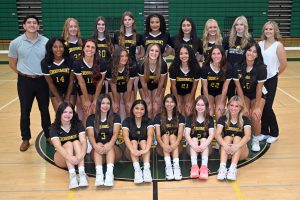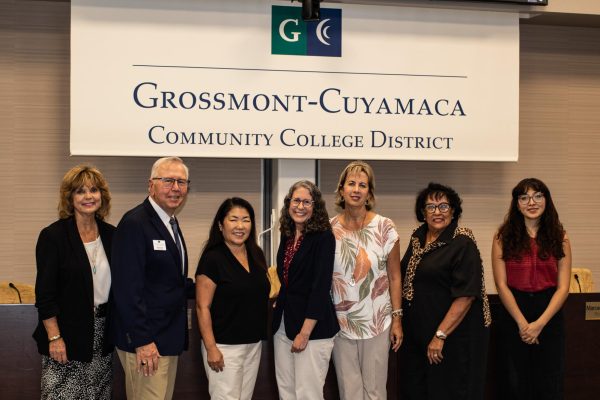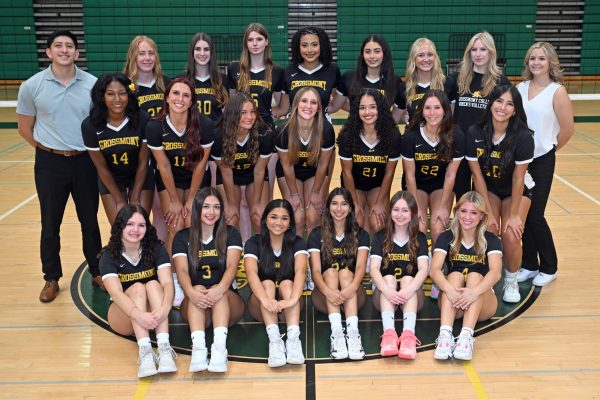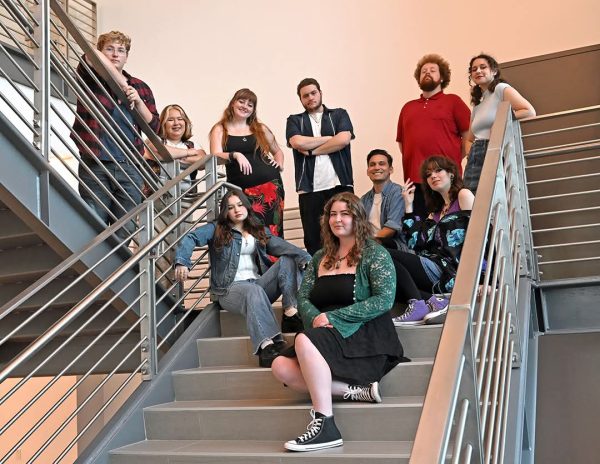The NCAA Continues To Avoid The Obvious
Inequities in the NCAA seem to show the organization has no interest in changing.
April 5, 2022
The National Collegiate Athletic Association can no longer hide from the inequalities women face in college sports.
With March Madness in full swing, it’s no secret that this time of year is one of the most profitable events for the NCAA. In 2021, the college athletics’ governing body earned over $1.15 billion in revenue, and the tournament accounted for 90% of its profits. The
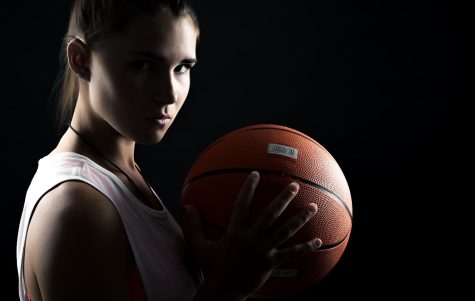
NCAA signed a 14-year, $10.8 billion contract in 2010 with CBS and Turner Broadcast to air the games. The contract was then extended in April 2016, which added $8.8 billion and lasts until 2032. It’s clear that there is a plethora of money around, and college athletes are not seeing an ounce of it. It is an unbelievable amount to rake in, with no salaries to pay but the coaches.
“I hate that these colleges act like these athletes don’t put their entire lives and bodies on the line for their teams and all for just a free college education, meanwhile there are billions of dollars going around to everyone but the players,” said Andreas Medico, a Grossmont photography student. “Let’s see how much money goes around without the player.”
Many are aware that the NCAA has now approved its athletes to obtain sponsorships and gain a source of income for playing. But the tournaments have also revealed a massive gap in the opportunities women are receiving compared to men, as well as the condition of the women’s facilities.
In last year’s March Madness tournament, a viral photo on Twitter from Oregon Ducks Guard Sabrina Inosecu showed the massive difference between the men’s facility and the women’s. In the image shown here, you can see a clear distinction between the two.
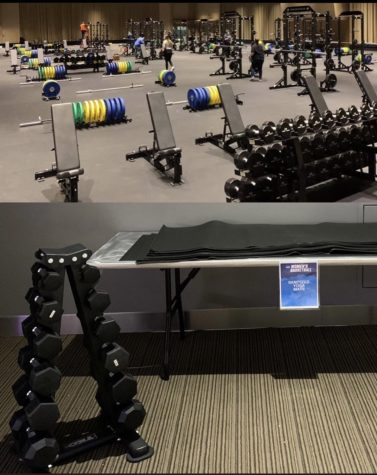
In response, NCAA Senior Vice President of Women’s Basketball Lynn Holzman said, “The original plan was to expand the workout area once additional space was available later in the tournament; however, we want to be responsive to the needs of our participating teams.”
Inosecu once again posted a video in response showing the statement was nothing but a lie, which can be seen in the link below:
The video showed how much the NCAA neglects its female athletes, as there was plenty of space for a weight room just as large as the men’s. The NCAA vowed it would make immediate changes, and start to act on the inequities between the two programs.
Lucia Macias, a Grossmont student and avid sports fan, said: “I think the NCAA is more interested in covering up the fact that they continue to drop the ball with all student-athletes, and unfortunately takes the biggest hit on women, but I really don’t have confidence in the NCAA to rectify the situation as they repeatedly show money is all that matters.”
Fast forward to March 2022, the tournament has once again begun, this time featuring some minor changes. They have given the women the March Madness branding and provided equal facilities such as the gyms and the food provided. Unfortunately, these are little steps to prevent another public relations disaster like last year’s tournament.
Representatives Carolyn B. Maloney (D-N.Y.), Jackie Speier (D-Calif.), and Mikie Sherrill (D-N.J.) have recently sent a letter to Congress outlining the lack of progress in creating equality among its athletes. The letter stated that the NCAA is in violation of Title IX, which says no person in the United States shall, on the basis of sex, be excluded from participation in, be denied the benefits of, or be subjected to discrimination under any education program or activity receiving federal financial assistance.
The NCAA supplied emails on the matter when lawmakers requested. The emails revealed a lack of effort by the NCAA to rectify the situation, and showed it repeatedly declined some requests from sponsors and non-sponsors who reached out to help with donations of meals and gift cards to women. The organization also refused to accept an offer of DoorDash gift cards to each of the 64 teams, with evidence from Chiney Ogwumike, a player for the Los Angeles Sparks and an ESPN analyst who was a severe critic of the NCAA and their lack of effort for equality in women’s athletics. The offer was ultimately denied because UberEats is a corporate sponsor and a direct competitor to DoorDash.
In response to concern from corporate sponsors such as Capital One, the NCAA hired a law firm to evaluate and produce a report on policies and practices related to gender equity. The NCAA has resolved a tiny portion of the 39 recommendations from the law firm, such as the March Madness branding but has failed at addressing the rest and has been extremely slow in its process to rectify the other recommendations.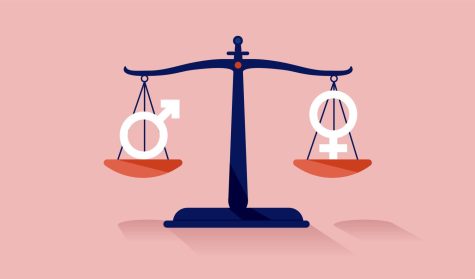
Lawmakers stated two specific examples to Congress:
- Emmert has made no progress toward changing the leadership structure of D–I basketball to ensure that women’s basketball leadership has the same level of seniority as men’s basketball leadership.
- The NCAA has failed to create or commit to creating a chief business officer role to “oversee NCAA’s media partner relationships with CBS/Turner and ESPN, the Corporate Partner Program, and branding and marketing for all championships.
When asked what he thought about giving the branding of March Madness to the women’s tournament and the letter to Congress, Grossmont Student Devon Lockett said: “I honestly think it’s a slap in the face to the woman because it should have been done ages ago, and now that I have a daughter on the way, it makes me angry to think that if my baby girl wants to play college sports that she would have to put up with this crap. I hope the government does something about it because I can’t see the NCAA doing anything else but giving these bread crumbs to these athletes.”
The NCAA has a lot of changes to make, and with the recent push by lawmakers for Congress to act, we can hope to see action taken against the NCAA as we are sure to see congressional involvement ramp up on this massive issue.






